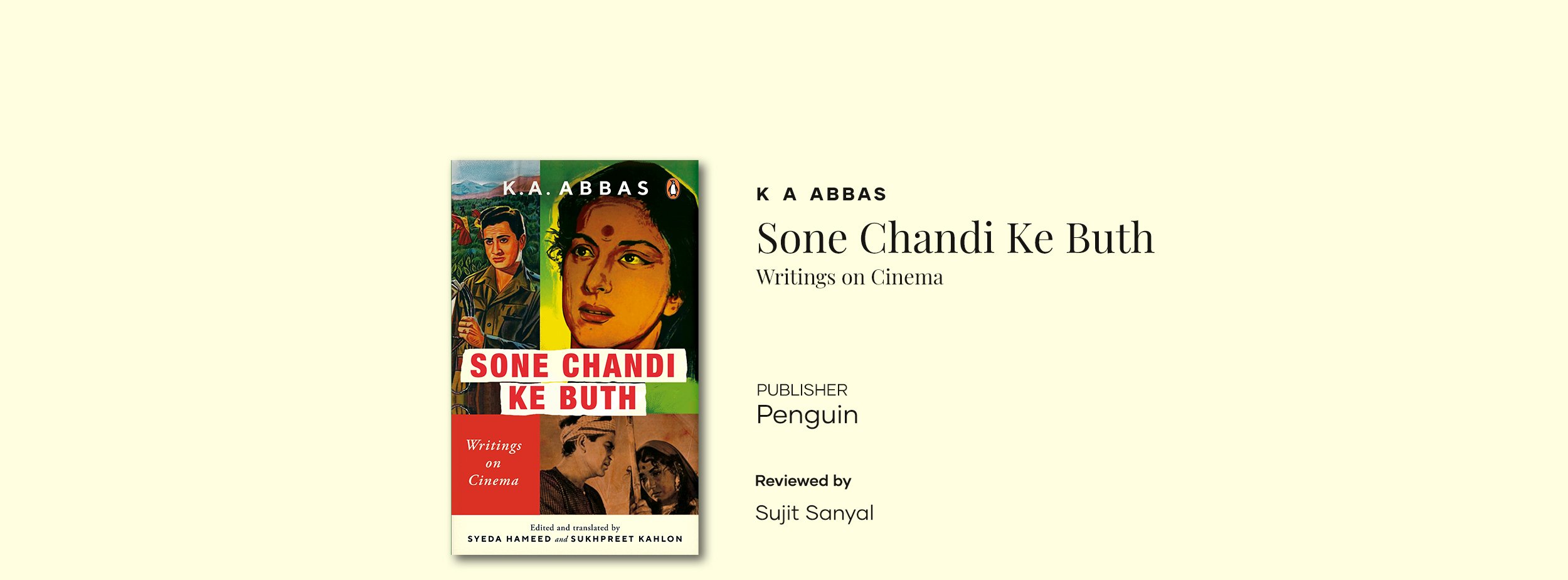
When we were in senior school, mid-60s, my father subscribed to The Blitz and The Current and I would wait for the copy of Blitz to be delivered only to see the glamour girls photo they published on the last page; but in the process, I would also get acquainted with a columnist called K A Abbas, who actually wrote a weekly column called “The Last Page!” I later learnt that the column had initiated at the Bombay Chronicle and later shifted to The Blitz, then edited by Rusi Karanjia.
It was only post school, in my college days that I got to know more about Abbas Sahab, partly due to my initiation in the world of Leftist culture and my growing love for the cinema. His film, Dharti Ke Lal, an amalgamation of the best in Marxist talents we had in that period - Kishan Chander, Sombhu Mitra, Tripti Mitra, Bijon Bhattacharya and of course, Ravi Shankar. Abbas Sahab remained a focal point in our cultural world and in 1969, he made Saat Hindustani, in which he introduced a new actor to the world - Amitabh Bachchan!
I wish this scribble was all about Abbas Sahab. Very rarely have we had the presence of a multi-talented person like him; but no, this is about Sone Chandi Ke Buth, a selection of his writings on cinema, edited from the originals in Urdu by Syeda Hameed and Sukhpreet Kahlon (Vintage, an imprint of Penguin Random House India). For people who have a similar background and growing up lime mine, it was a trip to a treasure land. It was to get close to a man you admired, whose free spirit you wanted to emulate. And in the end, I realized, he was one of us - rather, someone we tried to become.
The book has his opinions and interactions with the Bollywood greats (perhaps when it was still not Bollywood): V Shantaram to Meena Kumari, to his first meeting with Amitabh Bachchan. The six stories which center around the film industry keep tugging at your heart even after you have finished them, and of course, his articles on cinema. The compilation has ten articles published in the erstwhile Bombay Chronicle. This book is indeed a collector’s Item, specially for those who love to dabble with Indian Cinema. The reader will owe his or her gratitude to the translators and editors and the publisher for presenting this book to us.
The best part of the book is that it transports you to another world, where you know the characters but have never met them personally. Abbas Sahab does that for you.
Abbas Sahab wrote. He just wrote. And wrote. 73 books in his 72 years of life, I am told. He wrote scripts, columns, and even interviewed Yuri Gagarin and Chaplin and Mao amongst others, directed films, and remained an active member of the IPTA and the Communist Party of India.
Take a look back at the history of India. Pick up a copy of Sone Chandi ke Buth.
And let me end with a little trivia: One of the founding members of the IPTA was Dr Homi Bhabha! Today as we land on the Moon, I thought it was worth mentioning it.
